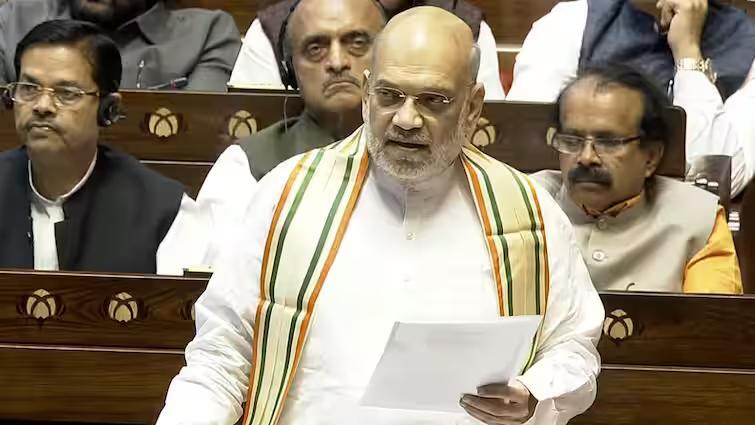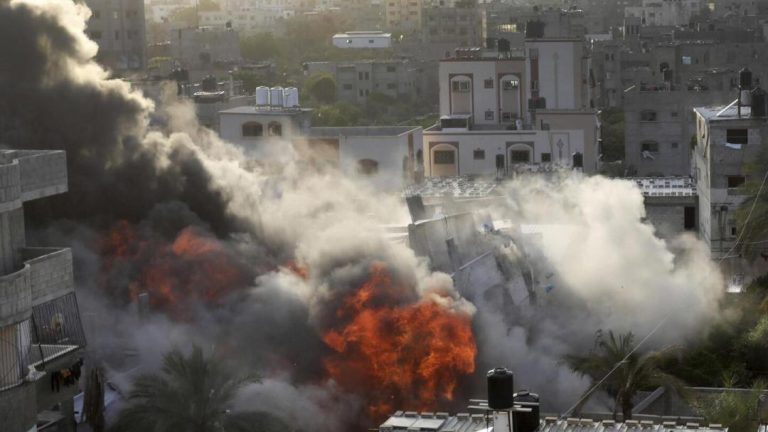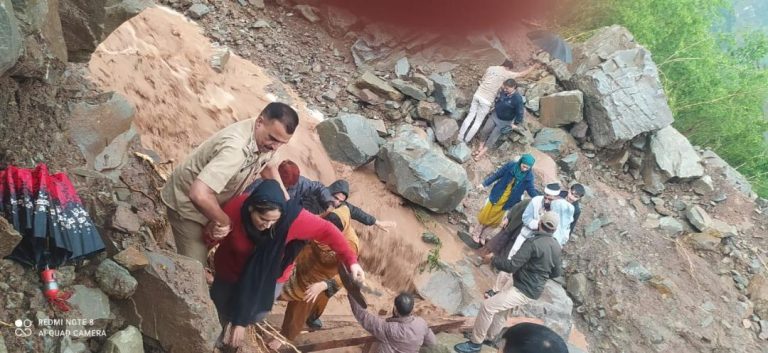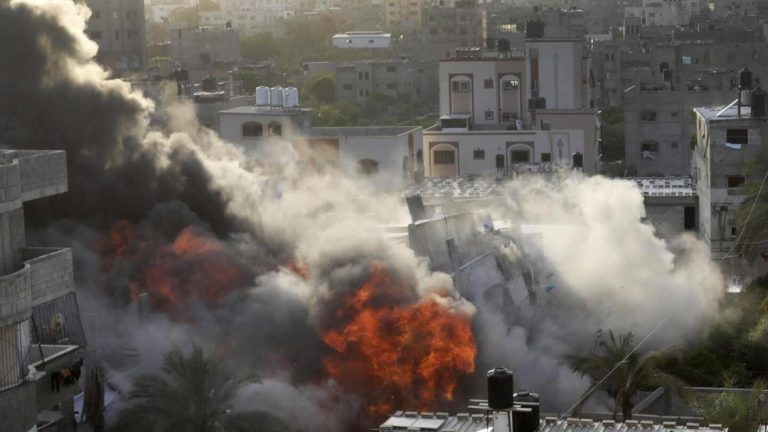
70% Deaths Due to Terrorism Reduced in J&K: BJP’s Amit Shah
In a significant statement, Union Home Minister Amit Shah recently announced that there has been a 70% reduction in deaths due to terrorism in Jammu and Kashmir (J&K) during the tenure of the Prime Minister Narendra Modi-led government. Shah made this remark while participating in a discussion on the working of the Home Ministry in the Rajya Sabha, amidst a charged atmosphere.
Shah’s comments have sparked a flurry of reactions, with many interpreting this development as a major success story for the government’s anti-terrorism efforts. The Home Minister’s statement has also led to a renewed focus on the issue of terrorism in J&K, which has been a pressing concern for the country for many years.
According to Shah, the reduction in deaths due to terrorism in J&K is a testament to the government’s effective anti-terrorism strategy, which has been implemented since the abrogation of Article 370, a constitutional provision that granted special status to J&K. Shah also highlighted that the involvement of Indian youths with terrorists has “almost disappeared” after the scrapping of Article 370.
The Home Minister’s statement has been welcomed by many, who see it as a significant achievement in the fight against terrorism. However, the opposition parties, including the Congress, have criticized the government’s handling of the situation in J&K, alleging that the move to abrogate Article 370 has led to a humanitarian crisis in the region.
The debate around the issue of terrorism in J&K is complex and multifaceted. On one hand, the government’s anti-terrorism efforts have undoubtedly led to a reduction in the number of deaths due to terrorism in the region. On the other hand, the opposition parties have raised concerns about the human rights situation in J&K, citing reports of widespread violence, arbitrary arrests, and restrictions on civil liberties.
The issue of terrorism in J&K is closely linked to the broader context of India-Pakistan relations. Pakistan has long been accused of supporting terrorist groups operating in J&K, and the Indian government has consistently maintained that Pakistan’s sponsorship of terrorism is a major threat to national security.
In recent years, the Indian government has taken several steps to strengthen its anti-terrorism capabilities, including the creation of a new counter-terrorism agency, the National Counter Terrorism Centre (NCTC). The government has also increased its military presence in J&K, with a focus on improving the security situation in the region.
The reduction in deaths due to terrorism in J&K is a significant achievement, and it is essential to acknowledge the efforts of the Indian security forces, who have been working tirelessly to maintain peace and stability in the region. However, it is also important to recognize the need for a more nuanced and comprehensive approach to addressing the root causes of terrorism in J&K.
Terrorism is a complex issue that requires a multifaceted response, involving not just military action, but also economic development, social welfare, and political engagement. The Indian government should focus on creating economic opportunities, improving healthcare and education facilities, and addressing the grievances of the local population to prevent further radicalization.
In conclusion, the statement by Home Minister Amit Shah that there has been a 70% reduction in deaths due to terrorism in J&K is a significant development, and it is essential to acknowledge the efforts of the Indian security forces and the government’s anti-terrorism strategy. However, it is also important to recognize the need for a more nuanced and comprehensive approach to addressing the root causes of terrorism in J&K, and to work towards creating a more peaceful and stable future for the region.






